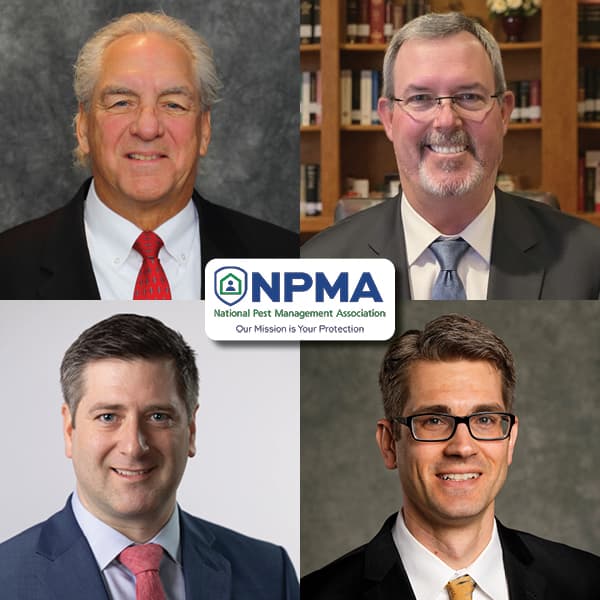Rose Pest Solutions Team Members Appointed to NPMA Committees
July
29
2025
Rose Pest Solutions is proud to announce the continued involvement of several of its team members in leadership roles within the National Pest Management Association (NPMA) for the 2025–2026 term. These appointments reflect Rose’s long-standing commitment to advancing the industry through innovation, education, public policy, and workforce development.









